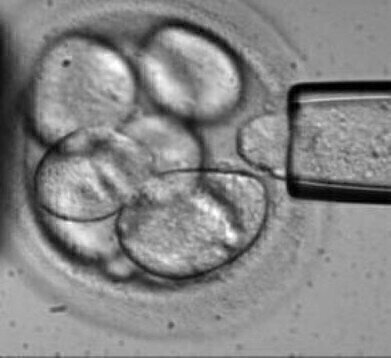-
 Bone marrow stem cells could treat strokes
Bone marrow stem cells could treat strokes
Bioanalytical
Bone marrow stem cells could treat strokes
Apr 10 2014
New research has found that bone marrow stem cells could be developed for use in stroke treatment.
A study at the University of California Irvine's (UCI) Sue & Bill Gross Stem Cell Research Center has found that bone marrow stem cells trigger repair mechanisms, which limit inflammation.
Based on published research, neurologist Dr Steven Cramer and biomedical engineer Weian Zhao analysed 46 studies that examine the use of mesenchymal stromal cells (MSCs), which are types of multipotent adult stem cells mostly processed from bone marrow, in animal models of stroke.
They found MSCs to be significantly better than control therapy in 44 of the studies. The study also found that the effects of these cells on functional recovery were robust regardless of the dosage, the time administered after the stroke or how they were the administered. The cells still helped even when given a month after the incident and whether they were introduced directly to the brain or injected through a blood vessel.
“Stroke remains a major cause of disability, and we are encouraged that the preclinical evidence shows [MSCs’] efficacy with ischemic stroke,” said Dr Cramer, a professor of neurology and a leading stroke expert.
He added that MSCs are "of particular interest" because they come from bone marrow, which is readily available and are relatively easy to use.
Dr Cramer noted that MSCs do not differentiate into neural cells, with them usually transforming into a variety of cell types, such as bone, cartilage and fat cells.
In an earlier report, he and Mr Zhao analysed how MSCs can encourage brain repair after a stroke. The cells were drawn to the injury sites and responded to signals released by the damaged areas. This caused them to begin releasing a range of molecules, which allowed the MSCs to conduct a number of activities such as creating blood vessels to enhance circulation or protect cells that were starting to die.
The study, published in the latest version of Neurology, found that when MSCs reach the bloodstream, they settle in parts of the body that control the immune system and develop an environment that encourage brain repair.
Digital Edition
Chromatography Today - Buyers' Guide 2022
October 2023
In This Edition Modern & Practical Applications - Accelerating ADC Development with Mass Spectrometry - Implementing High-Resolution Ion Mobility into Peptide Mapping Workflows Chromatogr...
View all digital editions
Events
Apr 28 2024 Montreal, Quebec, Canada
May 05 2024 Seville, Spain
May 15 2024 Birmingham, UK
May 19 2024 Brno, Czech Republic
May 21 2024 Lagos, Nigeria













